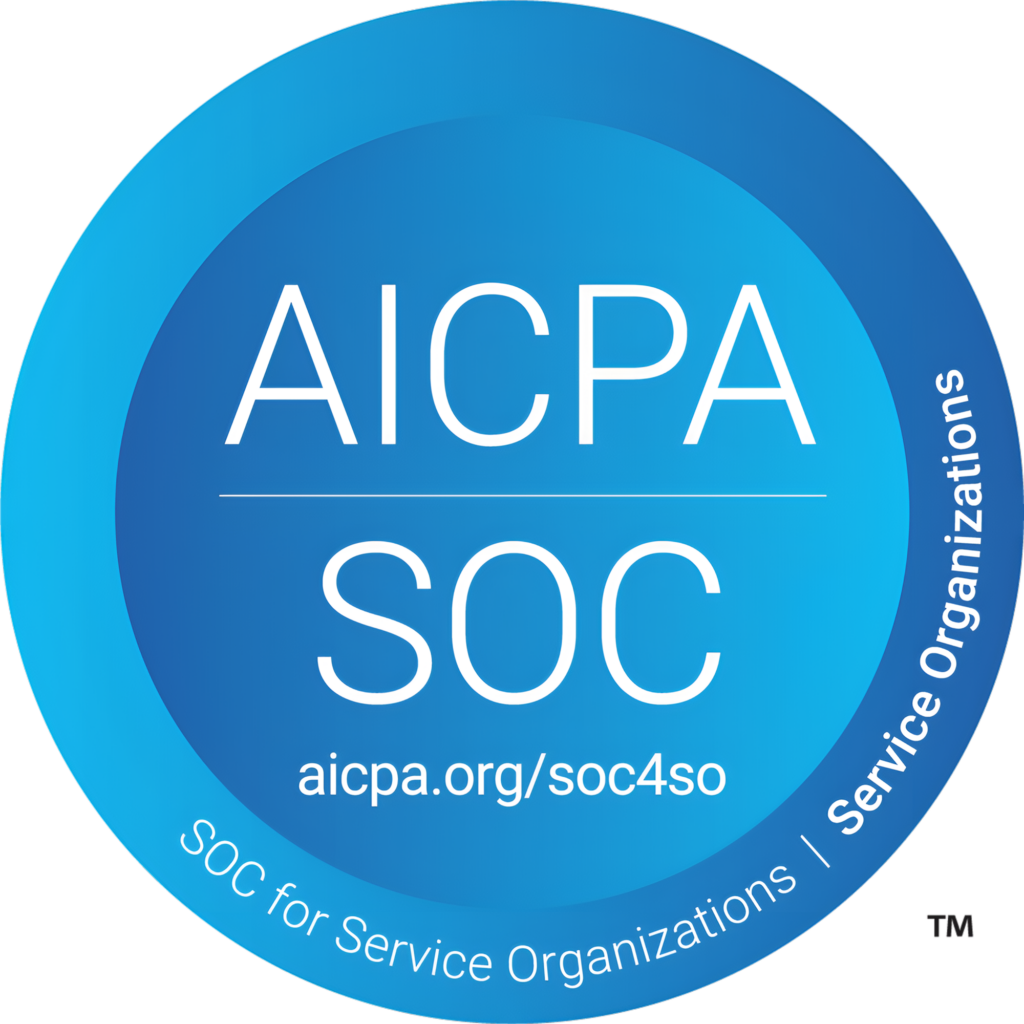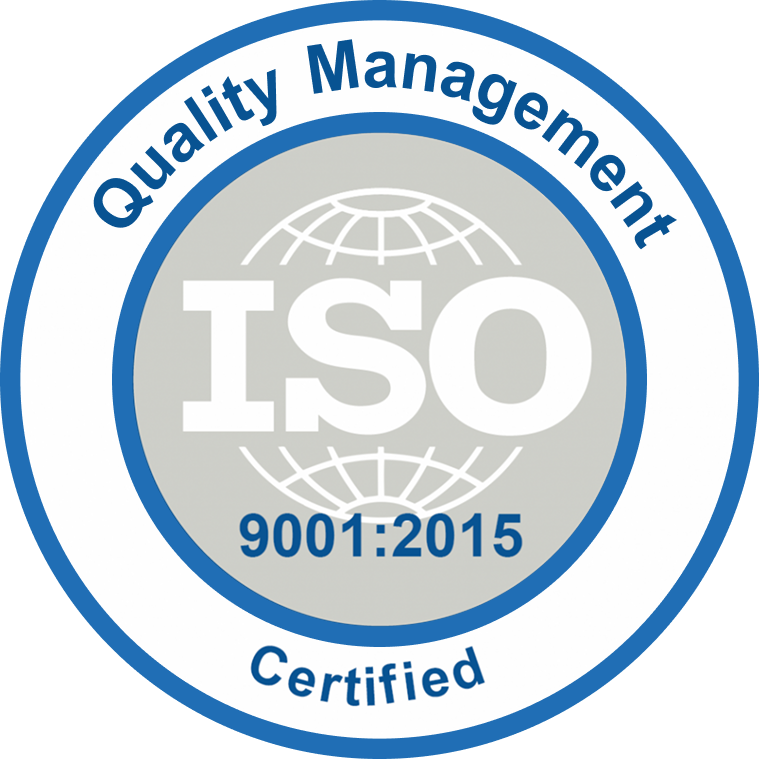Microsoft Copilot has revolutionized how organizations manage their data within Microsoft 365, offering tools that improve efficiency while ensuring robust data governance. The growing use of artificial intelligence in workplace tools demands careful attention to security, compliance, and privacy. Copilot’s governance capabilities help businesses address these needs through a structured framework that safeguards sensitive information and enhances data management practices.
Continue Reading
Core components of Copilot governance in Microsoft 365
1. Security and Compliance Framework
Microsoft Copilot integrates advanced security protocols to safeguard data at rest and in transit. Encryption is used to safeguard sensitive data from being accessed by unauthorized individuals. Multi-factor authentication (MFA) further strengthens security, ensuring that only authorized individuals can access critical data. Alongside these measures, proactive threat detection systems are continuously scanning for potential vulnerabilities and cyber risks.
Additionally, Copilot ensures compliance with various regulatory standards such as GDPR and HIPAA. Regular audits are conducted to confirm that data handling practices align with legal and ethical guidelines, thereby fostering transparency and trust in its use.
2. Data Governance and Lifecycle Management
Effective data governance is a cornerstone of Microsoft 365 Copilot’s operational framework. Copilot follows stringent privacy policies to ensure that personal and sensitive data is protected. This includes the anonymization of data and robust access controls to prevent unauthorized use.
Furthermore, Copilot manages data throughout its entire lifecycle—from creation to deletion. It enforces data retention policies, ensuring that data is retained or removed based on organizational needs and legal requirements. This structured approach ensures data integrity and helps organizations stay compliant with regulatory mandates.
The ethical use of AI in Copilot
A critical element of Copilot governance is its focus on ethical AI practices. Copilot employs bias-mitigation techniques to ensure that its AI-driven recommendations are fair and impartial. It also emphasizes decision transparency, offering clear insights into how AI-based conclusions are reached. This feature allows organizations to trace AI decisions, enhancing trust and accountability in AI-driven operations.
Moreover, Copilot ensures human oversight remains integral to the decision-making process. Users have the final say, preventing over-reliance on AI and promoting responsible use of technology.
Enhancing data governance with Copilot features
Microsoft 365 Copilot provides powerful tools to ensure effective data governance:
1. Data Hygiene and Labeling
Proper data hygiene is critical for AI systems like Copilot. By ensuring that data is accurate and up to date, businesses can maintain high data quality. Regular cleaning, error correction, and format standardization are essential tasks that improve the overall performance of AI-driven tools. Additionally, consistent data labeling helps in categorizing and retrieving information efficiently, facilitating more accurate analysis and decision-making.
2. Role-Based Access Control (RBAC)
Copilot supports Role-Based Access Control (RBAC), which defines and enforces policies based on user roles. By limiting access to sensitive data based on an individual’s role, organizations can reduce the risk of data breaches and ensure that only authorized personnel interact with critical information.
3. Continuous Security Audits
Regular security audits are necessary to maintain an organization’s security posture. Copilot enables frequent internal and external assessments to evaluate the effectiveness of existing security measures and identify areas for improvement. Through continuous monitoring and adaptation, Copilot helps organizations stay compliant with evolving industry standards and regulations.
Copilot’s governance in specialized sectors
In sectors like government, where data sensitivity is high, the role of Microsoft 365 Copilot is even more pronounced. With its focus on data protection, Copilot offers tailored solutions for ensuring that governmental agencies comply with regional laws while handling data responsibly. It ensures that privacy is maintained through strict encryption and access controls, and that audit trails are available to track decisions for accountability.
Best practices for implementing Microsoft Copilot for data governance
To fully leverage Copilot’s capabilities, organizations should adopt the following best practices:
- Establish a Security Governance Framework: Develop a clear policy outlining roles, responsibilities, and security procedures.
- Enforce Multi-Factor Authentication: Use MFA to add a layer of security for all users, especially those with access to sensitive data.
- Conduct Regular Audits: Regular compliance checks ensure that security policies remain effective and aligned with industry standards.
- Define Role-Based Access Controls: Implement RBAC to restrict access to sensitive data based on user roles, improving data protection.
- Adopt Advanced Threat Protection (ATP): Use ATP to monitor and respond to emerging threats in real-time.
Conclusion
Microsoft 365 Copilot is a powerful tool for managing data governance, offering solutions that align with security, compliance, and ethical standards. By employing best practices and leveraging its advanced features, organizations can ensure their data is protected, their operations are compliant, and their decision-making processes are transparent and accountable.

